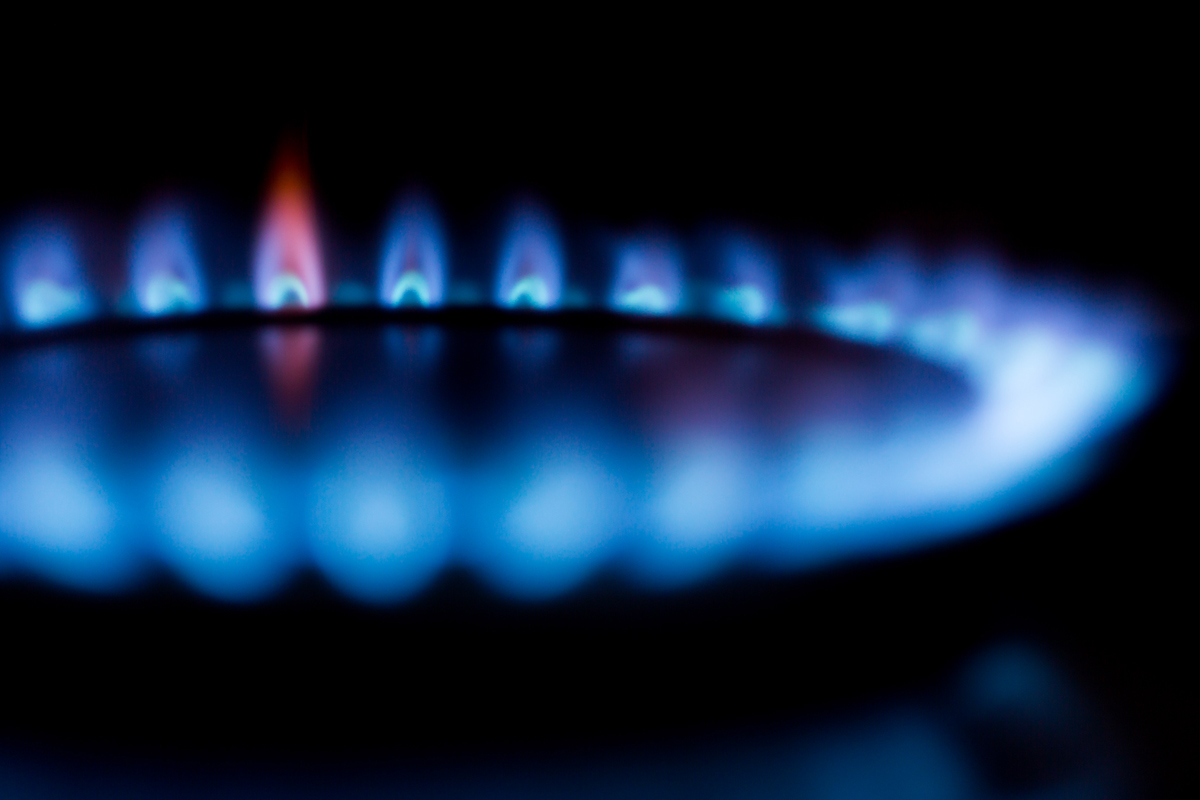A recent report from the International Energy Agency underscored the important role clean-burning natural gas is playing in the U.S. and around the world.
According to the Paris-based organization’s 2019 Global Energy and CO2 Status Report, global CO2 emissions could have been more than 15 percent higher in 2018 if it weren’t for the accelerating transition from coal to gas-fired power plants.
Despite growth in coal use, fuel switching between coal and gas accelerated in 2018, reducing the carbon intensity of global energy use. Driven by economics and policies, coal-to-gas switching avoided almost 60 Mt of coal demand, with the transition to less carbon-intensive natural gas helping avert 95 Mt of CO2 emissions. Without this coal-to-gas switch, the increase in emissions would have been more than 15% greater. This switch, most significant in China and the United States, reduced emissions by 45 Mt and 40 Mt, respectively.
This worldwide trend is a mirror image of what’s currently happening in the U.S. where power sector CO2 emissions have plunged to levels not seen since the late 1980s. From 2006 to 2017, coal-to-gas switching accounted for more than 60 percent of CO2 emissions reductions, according to the U.S. Energy Information Administration.
Energy from natural gas results in fewer emissions of nearly all types of pollutants when compared with coal. In terms of CO2, the clean-burning properties of natural gas produce nearly 50 percent fewer emissions.
None of these achievements would have been possible without the availability of safe, efficient pipeline transportation to move resources from production areas to consumer markets. Projects like Energy Transfer’s Rover Pipeline and Enbridge’s NEXUS Pipeline are critical to sustaining growing natural gas demand and ensuring long-term affordability.
In fact, the Federal Energy Regulatory Commission attributed the largest year-over-year drop in Chicago natural gas prices to the Rover Pipeline.
It’s important to keep all of this is mind as activist groups like 350.org and Oil Change International try to derail further investment in pipeline infrastructure.
If successful, efforts currently underway to stop the Northeast Supply Enhancement, Granite Bridge, and Northern Access projects will restrict access to low-cost energy and hinder progress on meaningful emissions reduction goals.

